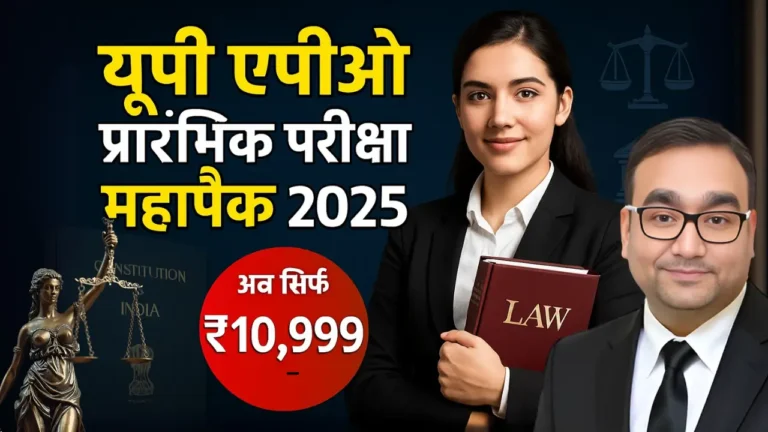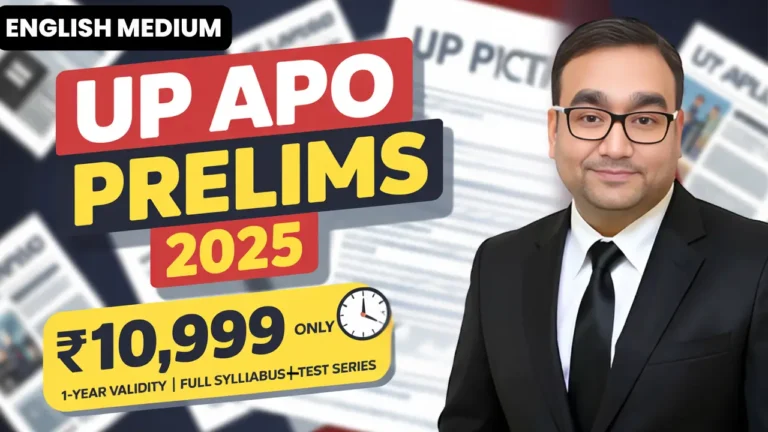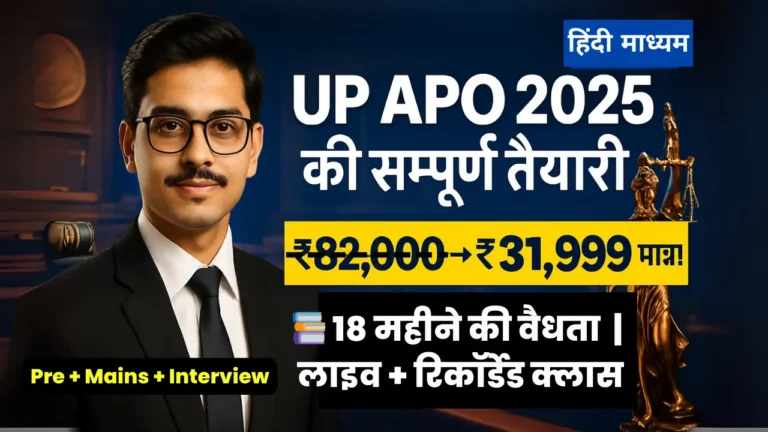The Delhi High Court stayed the release of Udaipur Files, a film on Kanhaiya Lal’s 2022 murder, citing communal concerns raised by Jamiat Ulema-i-Hind. Explore the legal battle, CBFC certification issues, and Supreme Court developments as of July 2025.
Table of Contents
Introduction
The release of Udaipur Files: Kanhaiya Lal Tailor Murder, a film depicting the brutal 2022 murder of a Hindu tailor in Udaipur, has ignited a significant legal controversy. Scheduled for release on July 11, 2025, the film’s launch was halted by the Delhi High Court, following petitions alleging it promotes hate speech and communal disharmony. For lawyers and law students, this case exemplifies the tension between freedom of expression under Article 19(1)(a) and public order concerns under the Cinematograph Act, 1952. This article, crafted by Doon Law Mentor, provides a comprehensive analysis of the legal issues surrounding Udaipur Files, including the Delhi High Court’s stay, the Central Board of Film Certification (CBFC) certification dispute, and the latest Supreme Court developments as of July 15, 2025.
Background: The Kanhaiya Lal Murder and Udaipur Files
On June 28, 2022, Kanhaiya Lal , a Hindu tailor in Udaipur, Rajasthan, was beheaded by Mohammad Riyaz and Mohammad Ghous, allegedly in retaliation for a social media post supporting former BJP spokesperson Nupur Sharma’s controversial remarks on Prophet Mohammed. The National Investigation Agency (NIA) charged 11 individuals under the Unlawful Activities (Prevention) Act (UAPA) and provisions of the erstwhile Indian Penal Code, with the trial ongoing in a special NIA court in Jaipur.
Udaipur Files, produced by Amit Jani and directed by Bharat S. Shrinate, claims to portray this incident. Featuring actors Vijay Raaz, Rajneesh Duggal, and Preeti Jhangiani, the film was certified by the CBFC with 55 cuts (11 minutes) to address communal sensitivities. However, its trailer and content sparked objections from Jamiat Ulema-i-Hind and others, leading to legal challenges.
Delhi High Court’s Stay on Udaipur Files Release
On July 10, 2025, a division bench of the Delhi High Court, comprising Chief Justice D.K. Upadhyaya and Justice Anish Dayal, stayed the release of Udaipur Files in response to petitions, including a public interest litigation (PIL) by Jamiat Ulema-i-Hind President Maulana Arshad Madani (Maulana Arshad Madani v. Union of India & Ors., W.P.(C)-9362/2025). The court directed petitioners to seek revision of the CBFC’s certification under Section 6 of the Cinematograph Act, 1952, and imposed a stay until the Central Government decides on interim relief.
Key Court Observations
- Statutory Remedy: The court declined to exercise its writ jurisdiction under Article 226, emphasizing that petitioners must first exhaust the statutory remedy under Section 6, which empowers the Central Government to suspend or revoke a film’s certification.
- Interim Stay: The bench ordered, “Till the application for grant of interim relief is decided by the government, if moved by petitioner, there shall be stay on release of the film”.
- Procedure: Petitioners were given until July 14, 2025, to file a revision petition, with the government directed to decide within one week, ensuring the producer’s right to be heard under Section 6(3).
read More: Laws Against Forcible Conversions in India Explained
Petitioners’ Arguments
Senior Advocate Kapil Sibal, representing Jamiat Ulema-i-Hind, argued that Udaipur Files:
- Vilifies the Muslim community through scenes like a Muslim man throwing meat at a Hindu household and Muslim students being arrested, unrelated to Kanhaiya Lal’s murder.
- Includes references to Nupur Sharma’s controversial statements (renamed Nutan Sharma), risking communal violence.
- Depicts “homosexuality with a minor” and lacks any positive portrayal of Muslims, constituting “cinematic vandalism” and hate speech under Section 5B of the Cinematograph Act and the 1991 CBFC Guidelines.
- Violates public order and communal harmony, potentially reigniting tensions from 2022.
Sibal urged the court to view the film, stating, “This is not right for the country. This is not art”.
CBFC and Producer’s Defense
Additional Solicitor General (ASG) Chetan Sharma, representing the CBFC and Union, countered:
- The film is “crime-specific,” focusing on Kanhaiya Lal’s murder, not community-specific, and promotes harmony by cautioning against foreign-instigated disharmony.
- The CBFC made 55 cuts, removing references to “Deoband,” Nupur Sharma’s statements, and Gyanvapi, addressing objections.
- The producer complied with CBFC directives, and the trailer was revised by July 2, 2025, after a show cause notice for uncertified content.
The producer, represented by Advocate Shreeyash U. Lalit, highlighted commercial stakes, with 1,800 theatres booked and over 1 lakh tickets sold, arguing that the film’s theme is protected under Article 19(1)(a).
Trailer Controversy
The CBFC issued a show cause notice on July 1, 2025, after the producer released a teaser on June 26 containing uncertified portions, violating Rule 27 of the Cinematograph (Certification) Rules, 2024. The court noted the producer’s admission of this breach, emphasizing that such actions contravene the Cinematograph Act and could attract penal consequences.
Supreme Court Developments
The Udaipur Files case has seen significant activity in the Supreme Court, reflecting the complexity of the legal battle.
Mohammed Javed’s Petition
On July 9, 2025, Mohammed Javed, the eighth accused in the Kanhaiya Lal murder case, sought an urgent Supreme Court hearing to stay the film’s release, arguing it could prejudice his ongoing trial and violate his right to a fair trial under Article 21. The bench of Justices Sudhanshu Dhulia and Joymalya Bagchi refused urgent listing, stating, “Let it be released,” and directed Javed to approach the regular bench after the court’s summer break on July 14, 2025. No written order explicitly permitted the release, clarifying media reports that caused confusion in the Delhi High Court.
Producer’s Appeal
On July 14, 2025, the producer, Jani Firefox Media Pvt. Ltd., approached the Supreme Court, challenging the Delhi High Court’s July 10 stay order (Jani Firefox Media Pvt. Ltd. v. Maulana Arshad Madani, Diary No. 37355/2025). Senior Advocate Gaurav Bhatia requested urgent listing, and a bench led by Justice Surya Kant agreed to hear the matter within one to two days, likely on July 15 or 16, 2025. The producer argued that the stay, issued hours before the July 11 release, caused financial losses and that the CBFC’s certification, with 55 cuts, addressed communal concerns.
Jamiat Ulema-i-Hind’s Revision Petition
On July 15, 2025, Maulana Arshad Madani filed a revision petition with the Union Ministry of Information and Broadcasting under Section 6, seeking to revoke the CBFC’s certification. The ministry is required to decide by July 22, 2025, with the film’s release stayed until then. This aligns with the Delhi High Court’s directive, ensuring the producer’s right to be heard.
Legal Framework: Cinematograph Act, 1952
The Udaipur Files case hinges on the Cinematograph Act, 1952, and its 2024 amendments:
- Section 5B: Films must not violate public order, decency, or morality. The CBFC must ensure compliance with the 1991 Guidelines, which prohibit content promoting communal disharmony.
- Section 5C: Allows appeals against CBFC decisions but only by applicants seeking certification, not third parties.
- Section 5E and 5F: Empower the Central Government to suspend or revoke certification.
- Section 6: Permits any person aggrieved by CBFC certification to seek revision by the Central Government, a remedy the Delhi High Court emphasized for third parties like Jamiat Ulema-i-Hind.
- Rule 27, Cinematograph (Certification) Rules, 2024: Prohibits the exhibition of uncertified content, as violated by the producer’s teaser.
The Supreme Court’s ruling in Amish Devgan v. Union of India (2020) distinguishes hate speech from free speech, stating that hate speech undermines equality and democracy, a precedent cited by Sibal to argue that Udaipur Files constitutes hate speech.
Implications for Freedom of Expression
The Udaipur Files controversy underscores the delicate balance between Article 19(1)(a) (freedom of speech) and reasonable restrictions under Article 19(2) for public order. The petitioners argue that the film’s portrayal of Muslims risks communal violence, while the CBFC and producer assert that the cuts mitigate this risk. The Supreme Court’s upcoming hearing will likely clarify whether the film’s content crosses the threshold of hate speech or remains a legitimate artistic expression.
Impact on Stakeholders
- Religious Communities: Jamiat Ulema-i-Hind claims the film vilifies Muslims, potentially exacerbating communal tensions seen in 2022. Hindu groups, however, view it as exposing terrorism, as reflected in X posts supporting the film.
- Film Industry: The stay has caused financial losses for the producer, with 1,800 theatres and 1 lakh tickets affected.
- Legal System: The case tests the CBFC’s certification process and the judiciary’s role in balancing free speech with public harmony.
read More: Ram Kishore Sen vs Union of India (1966): Comprehensive Legal Analysis of Territorial Sovereignty
Conclusion: Navigating the Legal Quagmire
The Udaipur Files legal battle highlights the complexities of regulating cinematic content in a diverse nation. The Delhi High Court’s stay, pending the Central Government’s revision under Section 6, reflects a cautious approach to communal sensitivities. The Supreme Court’s imminent hearing, scheduled for July 15–16, 2025, will be pivotal in determining whether the film can be released or faces further restrictions. For legal professionals, this case offers critical insights into the Cinematograph Act, hate speech jurisprudence, and the judiciary’s role in safeguarding public order. Doon Law Mentor urges lawyers and law students to monitor this case for its implications on free speech and communal harmony. Visit doonlawmentor.com for further legal analyses.
Key Takeaways:
- The Delhi High Court stayed Udaipur Files on July 10, 2025, pending Central Government revision under Section 6 of the Cinematograph Act.
- Jamiat Ulema-i-Hind alleges the film promotes hate speech, while the CBFC claims 55 cuts addressed concerns.
- The Supreme Court will hear the producer’s appeal against the stay on July 15–16, 2025.
- The case tests the balance between free speech and public order under Indian law.
FAQs
Why was the release of Udaipur Files stayed?
The Delhi High Court stayed the release on July 10, 2025, due to allegations of hate speech and communal provocation, directing petitioners to seek CBFC certification revision.
What is the Cinematograph Act, 1952?
It governs film certification in India, with Section 6 allowing the Central Government to revise CBFC decisions.
What did the Supreme Court say about Udaipur Files?
On July 9, 2025, it refused urgent listing of a stay plea but did not explicitly permit release. A hearing is scheduled for July 15–16, 2025.
Who filed petitions against Udaipur Files?
Jamiat Ulema-i-Hind (Maulana Arshad Madani), Prashant Tandon, Jawahar Yadav, and Mohammed Javed challenged the film’s release.
What are the allegations against the film?
Petitioners claim Udaipur Files vilifies Muslims, promotes hate speech, and risks communal disharmony.
#UdaipurFiles #CinematographAct #DelhiHighCourt #SupremeCourt2025 #DoonLawMentor






